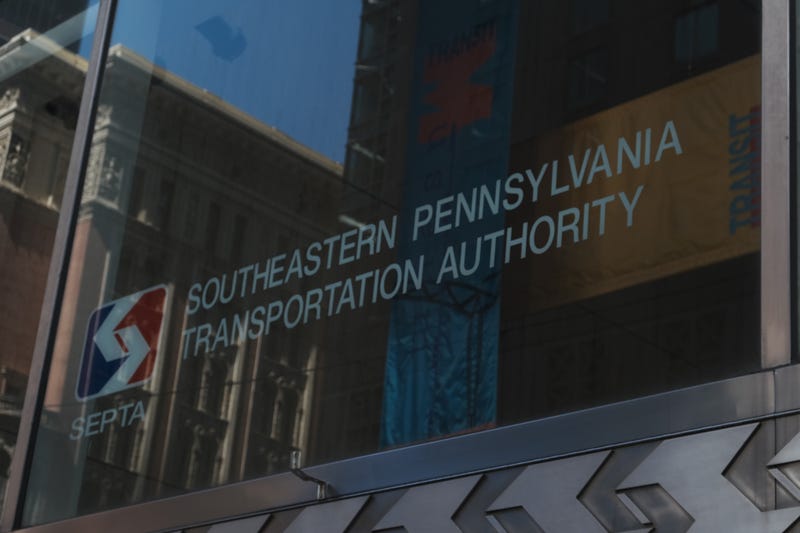
PHILADELPHIA (KYW Newsradio) — Instead of crafting a budget that assumes the state Legislature will adopt Gov. Josh Shapiro’s proposed $168 million increase, SEPTA has prepared a $1.7 billion spending plan based only on its current revenue. As a result, the transit agency is proposing a doomsday budget that threatens to eliminate nearly half of its service without new state funding.
“We were going to budget not on hope, but on reality,” said Scott Sauer, SEPTA interim general manager. “What we had to do is close a $213 million gap on our own using just the funding that we knew we had. And that’s the budget that we will propose to our board.”
Without a state funding solution, Sauer said, SEPTA would implement an overall 45% reduction in service by July 2026. That would include an increase in the base fare from $2.50 to $2.90 on Sept. 1, the elimination of 32 bus routes, and 16 other routes shortened. SEPTA would also run less frequent service on its remaining bus, subway and Regional Rail lines.
In January 2026, a second, deeper phase of reductions would take effect, Sauer said, including the closure of the Broad-Ridge Spur, the elimination of more bus routes, and a suspension of service on the Paoli, Wilmington, Trenton, Chestnut Hill West and Cynwyd Regional Rail lines.
Why those five? Sauer says it's because of the rent it pays to Amtrak.
"We pay over $65 million a year to lease those tracks. That's an expense that we can no longer afford."
SEPTA would also end all rail service at 9 p.m.
“When we impose a 9 p.m. curfew on our rail services, we won’t be able to serve the Sports Complex. We won’t be able to serve the Convention Center, the theater district,” Sauer noted.
SEPTA board Chair Ken Lawrence said he "would encourage everyone who cares about mass transit in this state to make sure that they let their legislators know that it's a priority for them."
Budget proposal:
The cuts would also stall SEPTA’s plans to overhaul its network of bus routes.
“The whole point of the new bus network was to make the service better, make it more appealing, make it faster, make it more efficient — better for the customer, short trips, more connectivity,” Sauer explained. “That all goes away because we’re ceasing operations on almost half of the service.”
Sauer said even after all of the cuts, SEPTA would still have to take $113 million from its reserve fund to balance its budget.
“This is a budget that, No. 1, we don’t want to propose,” he said. “We have no choice. We are required by law to propose a balanced budget. This is how we’re going to balance the budget.
“It doesn’t have to be this,” he continued. “If the governor’s proposed budget passes as it’s been proposed, this resolves this and we don’t have to cut anything. This is utilizing every resource we have at our disposal to close the budget on our own without a funding solution from Harrisburg. It’s a bad budget.”
Questioned Thursday in Philadelphia, Gov. Shapiro said mass transit benefits the entire state.
"All 67 counties in Pennsylvania are impacted. And here in Southeastern Pennsylvania, this is a crisis that needs to be addressed."
Philadelphia City Councilmember Jamie Gauthier counters that SEPTA is an economic engine for the region.
"This is not just political. This is about our state's economy."
Republican Joe Pittman, the Senate majority leader, gives SEPTA credit for making some fiscal progress. But in a statement, Pittman said, "SEPTA should have an appreciation for our commonwealth’s fiscal deficit and come to the table with more modest requests."
Sauer says the city, the surrounding counties and riders are giving SEPTA more. And while he's willing to work with Pittman, Sauer said anything less than SEPTA needs will result in cuts.
"A modest request means less service."
SEPTA holds public hearings on its budget May 19 and 20.
